Table of Contents
As a parent, it is such a proud moment when your toddler starts potty training and has success. With many children, it starts off well, but there is a potty training regression. Whether your child is a toddler, a three-year-old or four-year-old, there are practical strategies here to help through the most frustrating potty training issues.
Even though it would appear that my little girl is very much potty trained, I’m reluctant to shout it from a mountaintop.
Potty training our firstborn started off without a hitch.
We bought a potty. And, in about a month’s time, she started hiding when she used her diaper, would tell me she went pee or poo and was waking from her nap dry.
So we gave it a go.
I brushed up on the three-day potty training method and told myself, “If the internet says it’ll work – it will work.”
Turns out, my two-year-old wasn’t quite ready to be potty trained.
She would sit on the potty at preset intervals and sit and sit and sit and sit.
Nothing happened until she got off the pot. After a few days without getting her to successfully go, I decided to try again when she was a bit older.
No big deal.
After a few months off, we decided to try potty training again.
‘Take Two’ started off impeccably. More than once, I boasted to my husband, “This just shows, when they’re ready, they’re ready!” The first day she had one accident. Day two none. Day three one.
It was going really well. The next few weeks of potty training went off without a hitch. We stayed close to home so that when she needed to go potty, we could. She had the occasional accident, but overall she went in the potty regularly.
I was confident toilet training was done!
Related reading: The Best Books for Potty Training Toddlers
But that’s when my toddler’s regression hit.
About a month and a half after potty training began, I started back at work part-time.
My daughter is a sensitive soul and the change in her routine created stress. Then, my husband decided to take a job offer across the country. Soon my daughter’s life was turned upside down. Her toys were in boxes as our apartment emptied…
Related reading: 10+ Effective Strategies to Mitigate Difficult Toddler Behaviour
What is Potty Training Regression?
Potty training regression can leave many parents scratching their heads. But what is it, really? Well, in simple terms, potty training regression is when your child, who was doing great with using the potty, suddenly starts having accidents or showing resistance to it. It’s like taking one step forward and two steps back.
This regression is quite common and is a natural part of the potty training process. It can happen for various reasons, from a change in routine or environment to emotional stress or even a desire for more attention. The critical thing to remember is that it’s usually temporary and part of the learning curve.
Why potty training regression happens
According to developmental experts, most children will experience some form of regression in their lives. When children experience stress and have to adapt is the time regressions are most likely to happen.
Examples include:
- Moving,
- Getting sick,
- The arrival of a new sibling,
- Starting daycare,
- A parent going back to work,
- Parental separation,
- An unexpected change in routine (i.e. not napping anymore, a family member coming to live with you), or
- The death of a loved one.
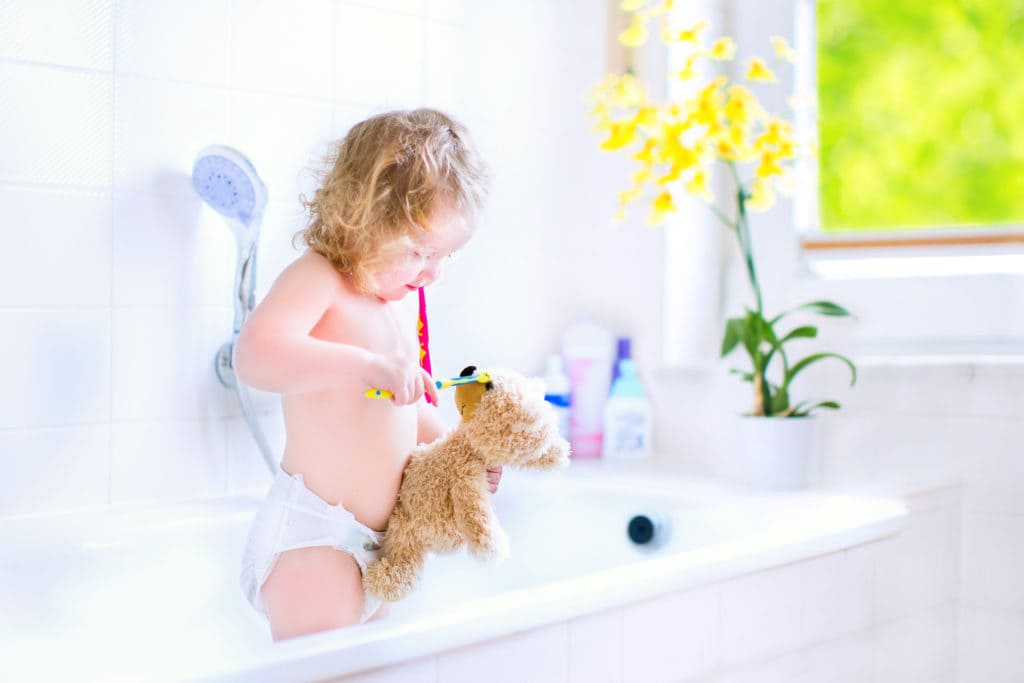
8 Tips to Empower You and Your Child
Make sure there isn’t a medical reason for the potty training issues
For instance, when my daughter had a UTI after she had been fully potty trained for quite some time, she started having accidents again. Toilet training issues can also be the result of a developmental delay or issue. Be sure to ask your paediatrician first before attempting to resolve an issue that may need medical attention.
Adopt an “accidents happen” attitude.
Make the accident into a non-event in order to maintain motivation in going potty. In terms of the bigger picture, accidents will happen whenever a child is learning a new skill. Dr. Peter Stavinoha, author of Stress-Free Potty Training, warns against any form of chastisement. “
Read books on potty training.
TV shows and books that cover the subject are fascinating for little ones & help them conceptualize what they need to do. iTunes and Amazon are chalked full with such resources. When I was growing up and when my daughter was potty training we used, Once Upon A Potty.
Use social stories to teach overcoming the potty training regression.
Social stories are an invaluable tool for scaffolding a child’s learning. My rendition was “When Mama was your age, she was learning to use the potty too. Sometimes I had accidents. Nana and Grandpa would say, ‘That’s okay Mama. Everyone has accidents. It means you’re learning.’ And then Mama kept trying. Sometimes she still had accidents, other times she didn’t. Until one day, Mama didn’t have accidents anymore! Yay!”
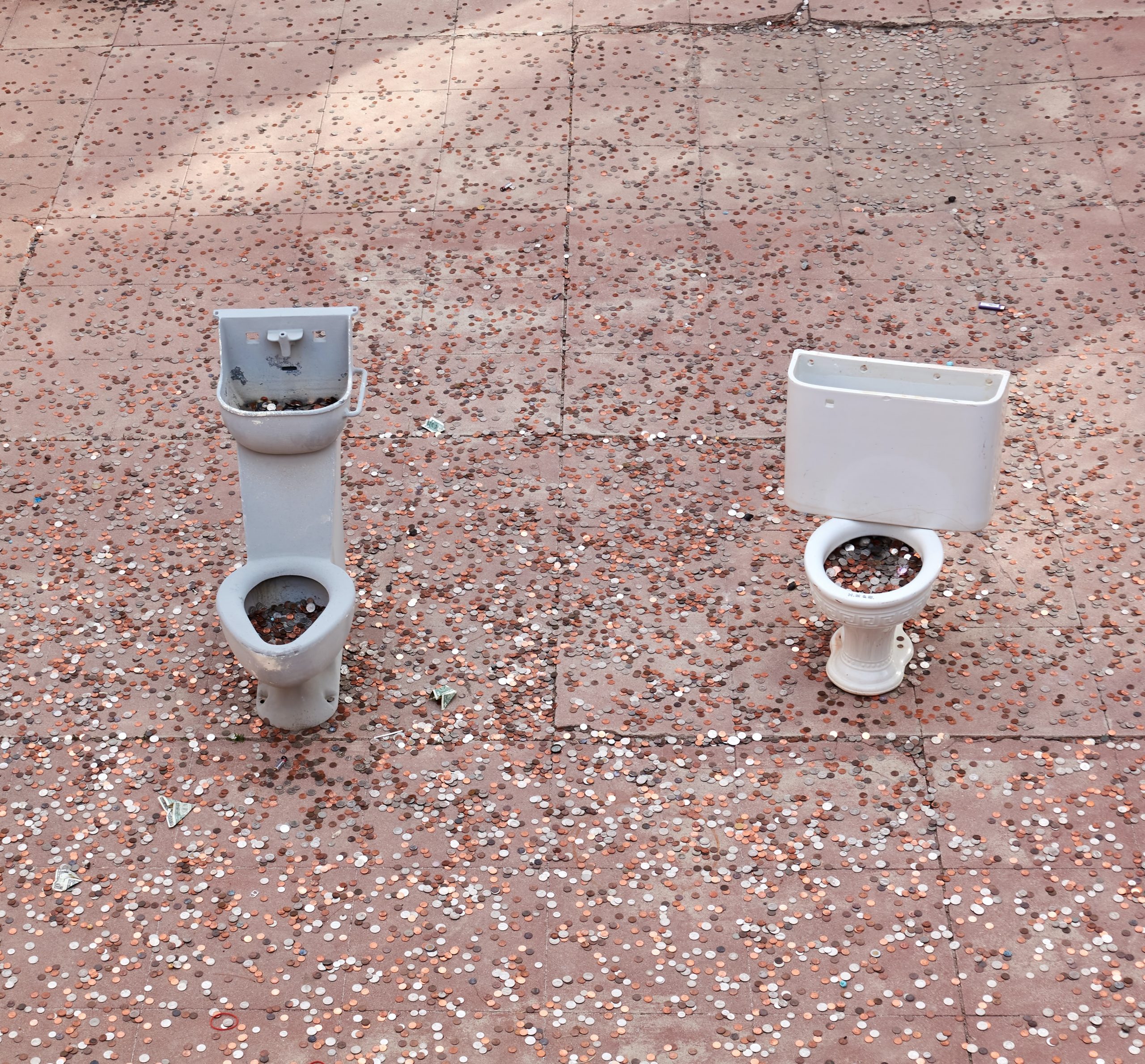
Change the location of the potty to somewhere more convenient.
When my daughter no longer wanted to go potty, we would try putting the seat on the toilet, moving the potty out of the bathroom and closer to where she was playing.
Praise attempts and positively reinforce successes.
While officially many resources say it’s best not to use a little treat – just praise – unofficially, we had success using M&M’s as a reward for trying or going potty. Then we slowly weaned away from using them at all.
Waiting to go diaper-less at night time won’t hurt.
As far as bedtime went, we waited until our daughter asked to go without a diaper. It hasn’t gone off seamlessly, by any means, but she now is dry at night.
Remain adaptable & patient no matter what.
And know unequivocally, children without health issues will be potty trained. You won’t be potty training your child at his high school grad. You just won’t. And believe it or not, there isn’t an award for the fastest potty trained kid.
For more insights for toilet training, check out my Pinterest board.
Is My Child Ready for Potty Training?
Recognizing when your child isn’t quite ready for potty training is crucial in avoiding potential setbacks. Some clear signs can help you gauge their readiness.
Age: if your child is under 18 months old, they might not be physically or emotionally prepared for potty training.
Communication skills: it may be too early to start if your child can’t express their needs or understand basic instructions.
Resistance and refusal: if your child vehemently refuses to sit on the potty or shows fear or anxiety about the process, it’s a sign that they might not be ready.
Inconsistency in their daily routine: if your little one’s habits are all over the place, it’s better to wait.
Discomfort: if they show distress during bowel movements, they might not be ready for the transition.
When to see Your Child’s Pediatrician
It’s crucial to remember that setbacks can happen, and most of them are perfectly normal. However, there are certain situations where seeking advice from a medical professional, such as your child’s pediatrician, becomes necessary.
Is your child beginning to experience painful bowel movements during potty training regression? If yes, there might be a medical issue that requires attention.
Signs to Look Out For
While occasional discomfort can be a part of the potty training process, persistent pain can be a red flag. Furthermore, check if your child’s bowel movements become irregular, excessively loose, or infrequent. These can be a sign of a medical condition that needs evaluation.
Yes, it’s common for children to regress during potty training. Bedwetting or accidents may happen once in a while. However, when there’s blood in the stool, severe constipation, or significant changes in their bowel habits, it’s time to consult a medical professional.
Your child’s pediatrician can help determine if there’s an underlying medical issue and suggest common cures or treatments to address the problem. Remember, it’s always better to be cautious about your child’s health; your pediatrician is there to guide and support you during this developmental stage.
For more insights into parenting toddlers, check these out:
- The Best Books for Potty Training Toddlers
- 10+ Tips for Mitigating Difficult Toddler Behaviour
- The stress-free way on how to potty train your toddler
- Here is How to Stop Your Toddler From Hitting
- Why You Shouldn’t Punish Tantrums and What you can do Instead
- Planning for and Parenting Two Under Two
- When Your Toddler Should Stop Napping
- Paediatrician says this is how to promote healthy eating in your picky toddler
Potty training regression FAQ
1. How long does it take for a child to be fully potty trained?
According to Romper.com, children, who are ready to be potty trained, take between three to six months to be fully potty trained.
2. When are children ready to potty train?
Children tend to be ready to use the potty between the ages of 18 and three-years-old. Signs include interest in using the potty and/or wearing underwear, dry diapers after naps, looking for privacy when he urinates or defecates, and/ or she informs you she has used her diaper.
3. What causes a potty training regression?
Regressions tend to happen when there are changes in the child’s environment such as moving, starting or changing daycares, the arrival of a new sibling or the separation of parents.
Find more of our favorite resources Here







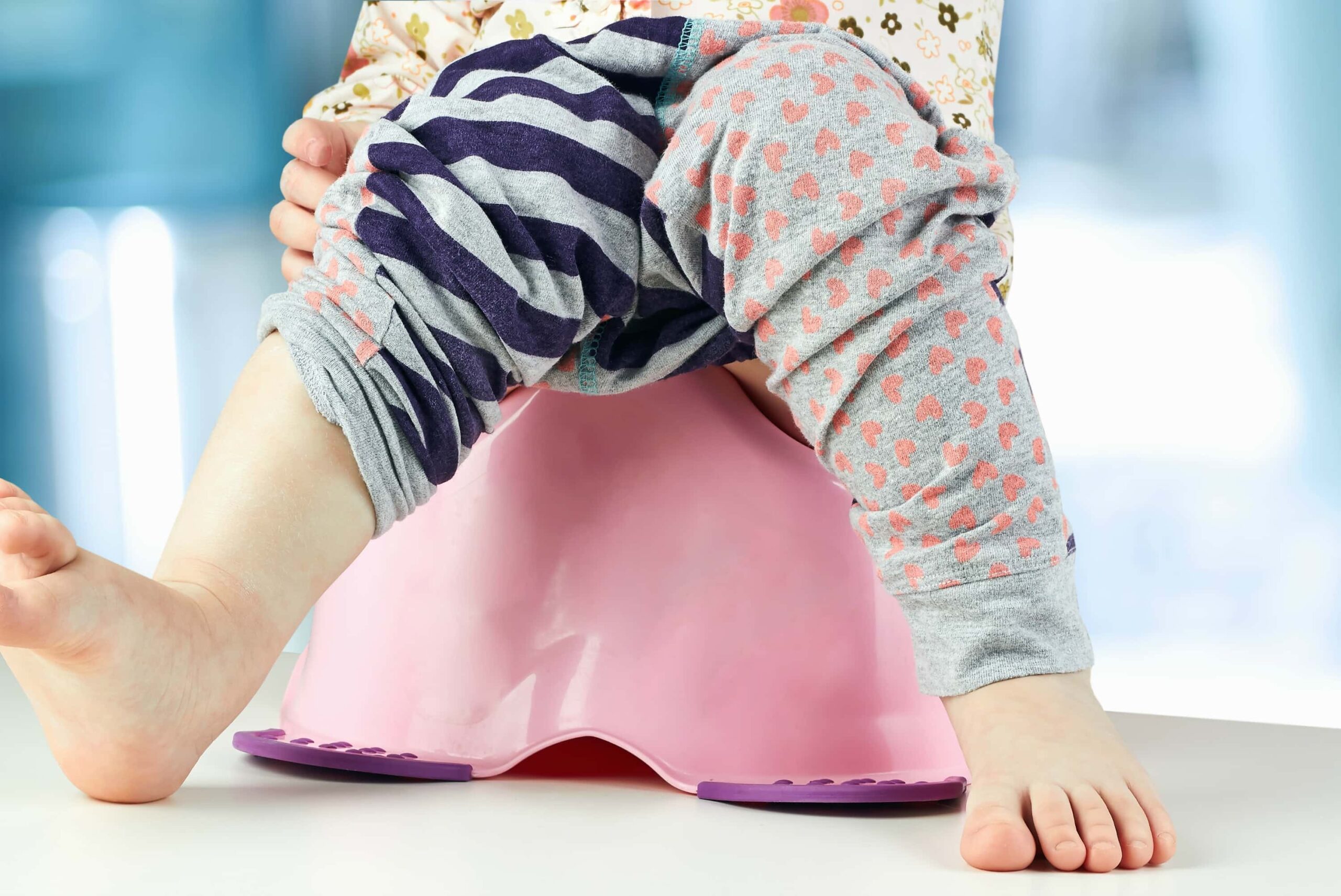
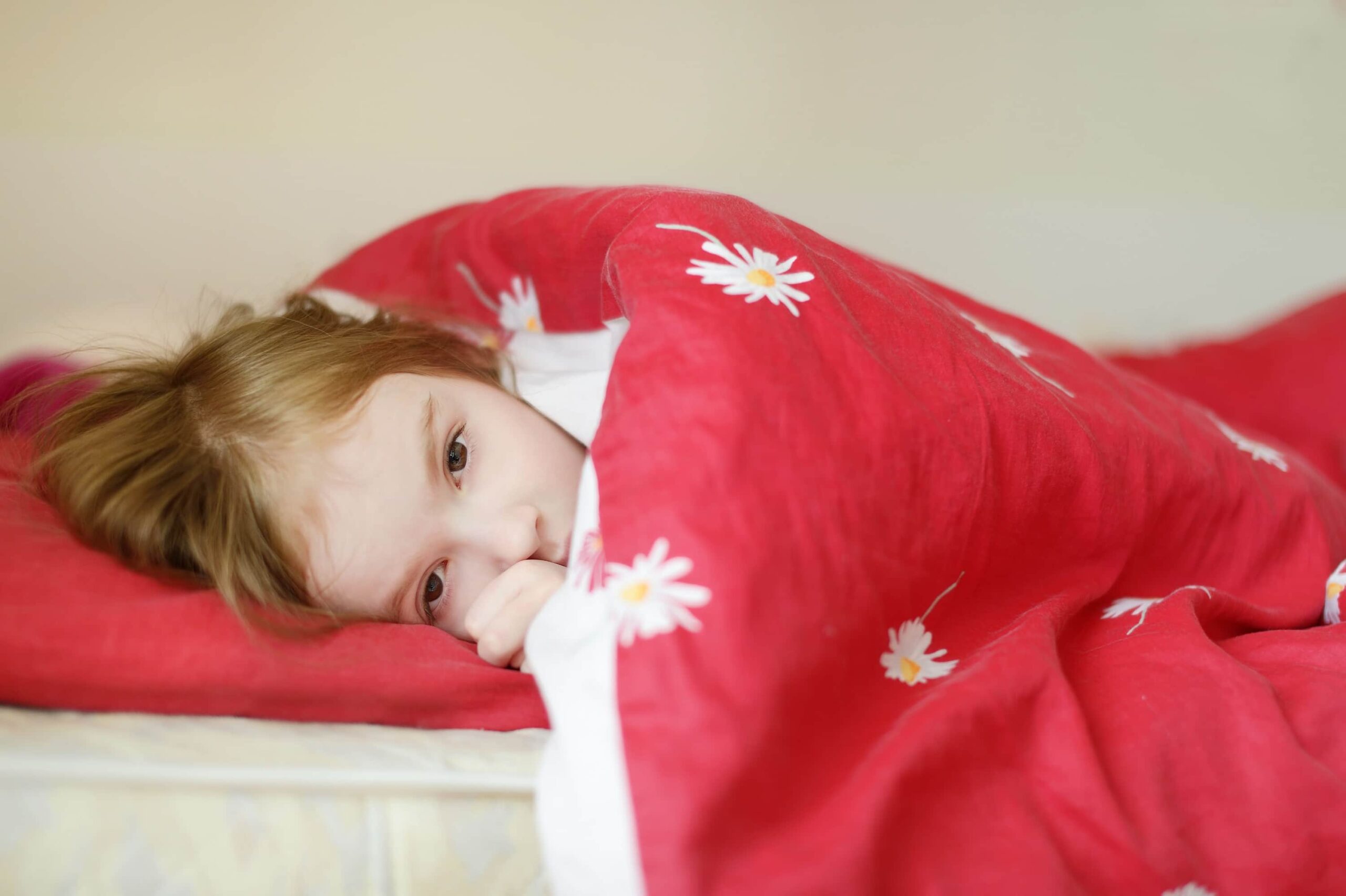

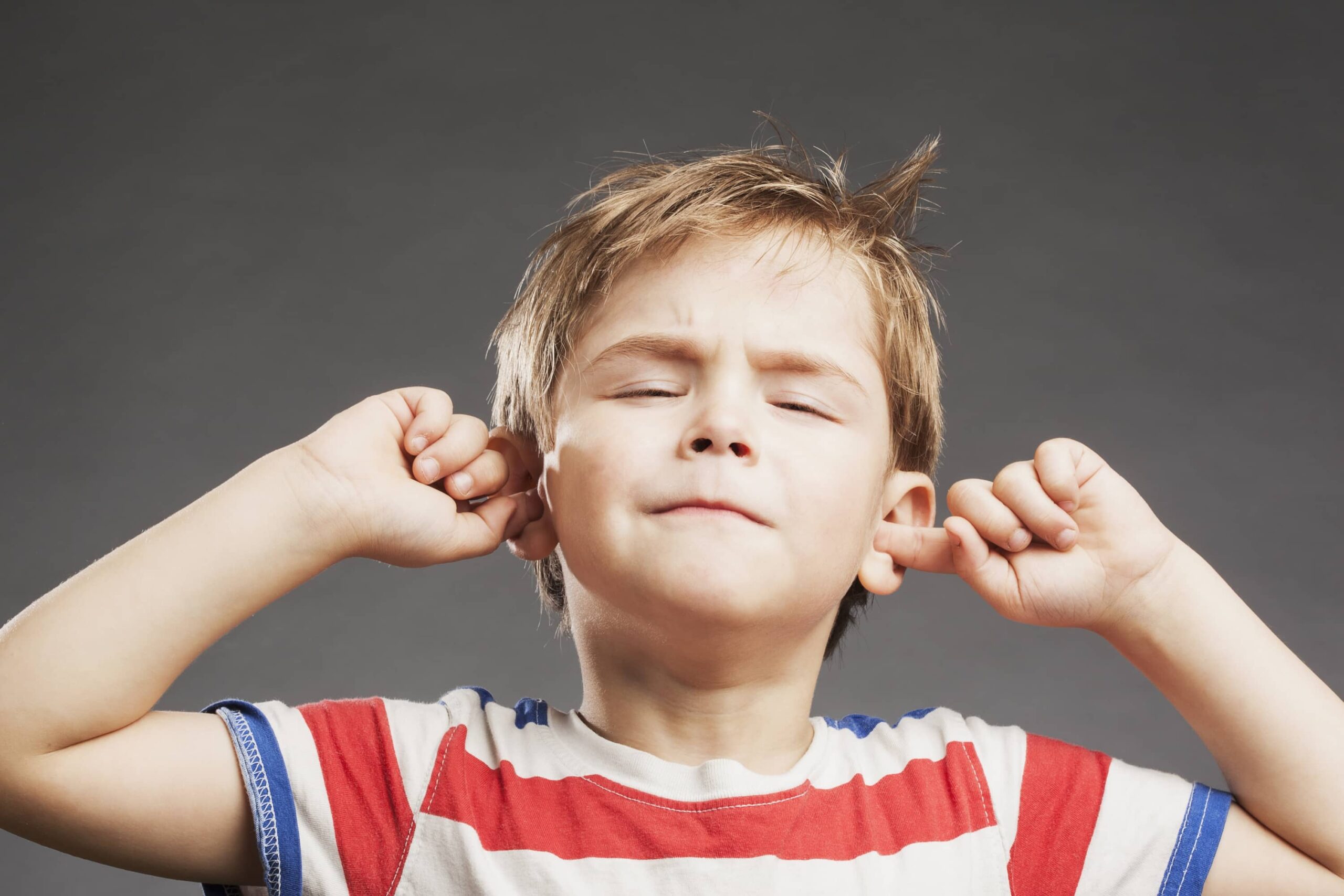
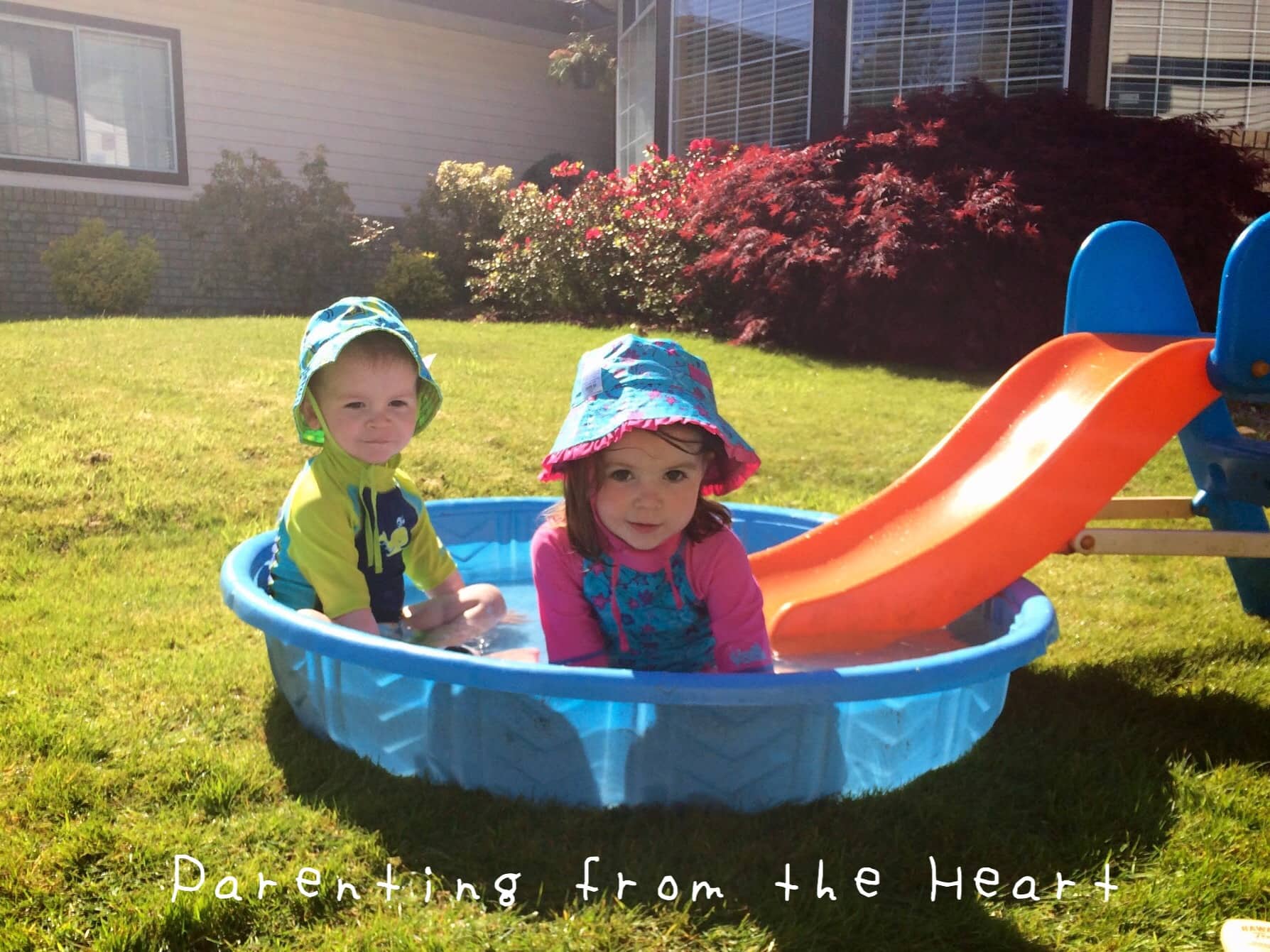
Ah, yes! We’ve had regressions, struggles, and happily, successes. My daughter is the most stubborn person I know (no clue where she got that! ?) She finally pooed on the potty for the first time maybe two months ago. It was a very long two-year struggle. The potty charts worked for us the best, especially in the beginning to get her to pee. Now when she fills an entire chart up (includes pee and poo), she gets to pick a princess movie.
We have yet to try potty train the twins. I’m a little scared, but these tips are encouraging.
My cousin said with his twins, they just waited until they knew without a doubt they were ready. Again, there’s no award for being the fastest. So waiting forever won’t actually be forever 🙂
Thanks for the tips!
Nighttime will always be our issue. I think i’ll have my kids wear pullups at night until they leave for college!
Hahahaha. Love it!
I would caution parents not to push it if there child isn’t ready. We actually made going potty adversive to my eldest because we just decided he was going to be potty trained one summer.
Totally! The whole, “when they’re ready, they’re ready” philosophy is important.
Great tips here! The boys are potty trained except when sleeping. We also use a mini M&M as a reward and it really does the trick. One thing I just can’t get them to do regularly are the #2’s though! All in good time!
It took us a while too. It certainly is a harder concept to do #2!!! Good on you for training twins though. That can’t be easy!
I’m going to be honest: after potty training two, I am DREADING doing it for the third. It’s so stress inducing. Now that I’m on the other side with the 6 and 5 year olds, I’m not going to push it. He’ll do it when he’s ready (he’s 18 months). M& M’s might make an appearance, but I don’t want to make it a big deal like I did with his older siblings
Thanks for the tip! http://www.rebeccakrusee.com
I am going to start trying (seriously) with my daughter soon. They say at daycare she pees and poops on the potty all the time, but its different at home. I just need to focus on it more I guess. I am lazy! ha!
How old is she? I’m thinking of training my son too… But am scared. My daughter was great when she went to drop in daycare but well you can see how it went…
So any ideas for a 31/2 year old who won’t go #2 on the potty? Only goes in her pullup? HELP!
Some older comments here but would be interested to hear if anyone’s had a 3.5 yr old toddler regressing to the point that after a year and 3 months, he’s still not doing #2 on the loo. We’ve done some play therapy as we moved towns and school just before the issue started. Also had the medical side sorted. I admit I like controlling the outcome of things but the universe is seriously giving me the ultimate test in patience. Advice anyone??
My husband is on a two week business trip, and our little guy has wet the bed for the first time, six times now. Maybe once things are settled in your new town, kiddo will adjust? I’m hoping when partner returns, our son will go back to staying dry at night.
We adopted our daughter when she was 13,just 5 months before her 14th birthday and she was having accidents during the daytime and wetting the bed at night from the very first day we got her.We had her checked out by our doctor and he found nothing wrong with her and said the wetting was due to her feeling like an outsider and that she would get over it fairly soon.We had her in cotton training pants with rubberpants over them during the day time and at bedtime we put her into a thick cloth diaper and the rubberpants.This went on for aver 6 months and then we decided it was time to try and toilet train her.We sat her down and told her that is was time to start using the potty and that we would reward her every time she used it.As a further incentive,we took her to the store and let her pick out some panties and she started wearing them with the rubberpants over them and after about 5 months she finially got the hang of it and stayed dry during the day time.Unfortunately,she continued to wet the bed and wore the cloth diaper and rubberpants every night untill past her 15th birthday when she finially stopped.
My daughter is soon to be in kindergarten and she absolutely refuses to use the toilet. She’s been wearing pull-ups seems like forever. I am at wits end. She poops and pees on herself daily and when it is time to go wash it off she acts as if the toilet is not there, she puts the lid down to sit on it to pull on yet another diaper. This is fixing to get really bad when she starts class in a day or two. I can’t send her off to school wearing pullup diapers. How would I explain the situation to the school. Beats me